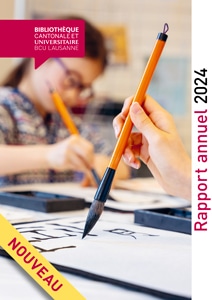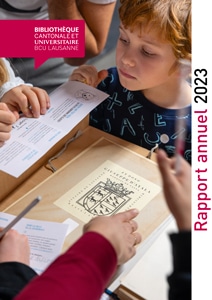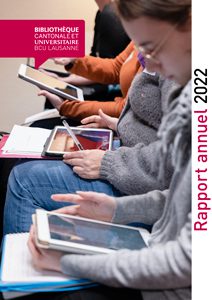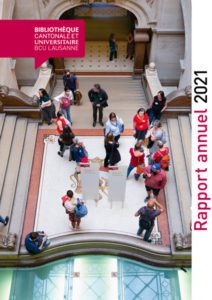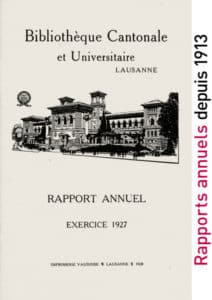Bibliothèque cantonale et universitaire – Lausanne
The size of the collections makes the BCUL one of the biggest libraries in Switzerland.
As a public institution with a heritage, cultural and academic mission, the BCUL report to the general Direction of culture (DGC) (Serac), which is part of the Departement of institutions, culture, infrastructures and Human Resources (DICIRH).
It operates on seven sites and have over 225 staff working to serve Lausanne’s university community and the general public. The aim is to provide users with extensive access to documents, as quickly as possible and at the lowest possible cost.
The BCUL works in an environment that is changing rapidly in both pedagogical and information technology terms. As well as traditional library services, the BCUL offer a wide range of specialist services in response to demand.



